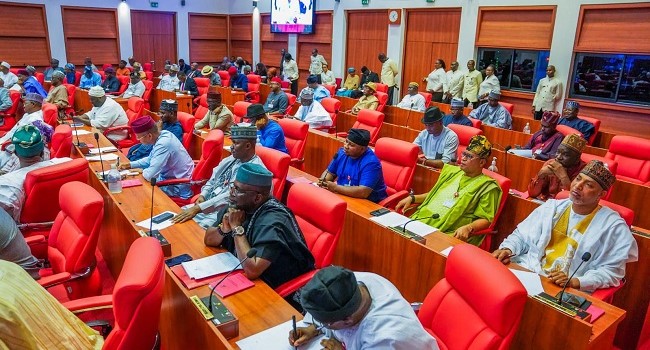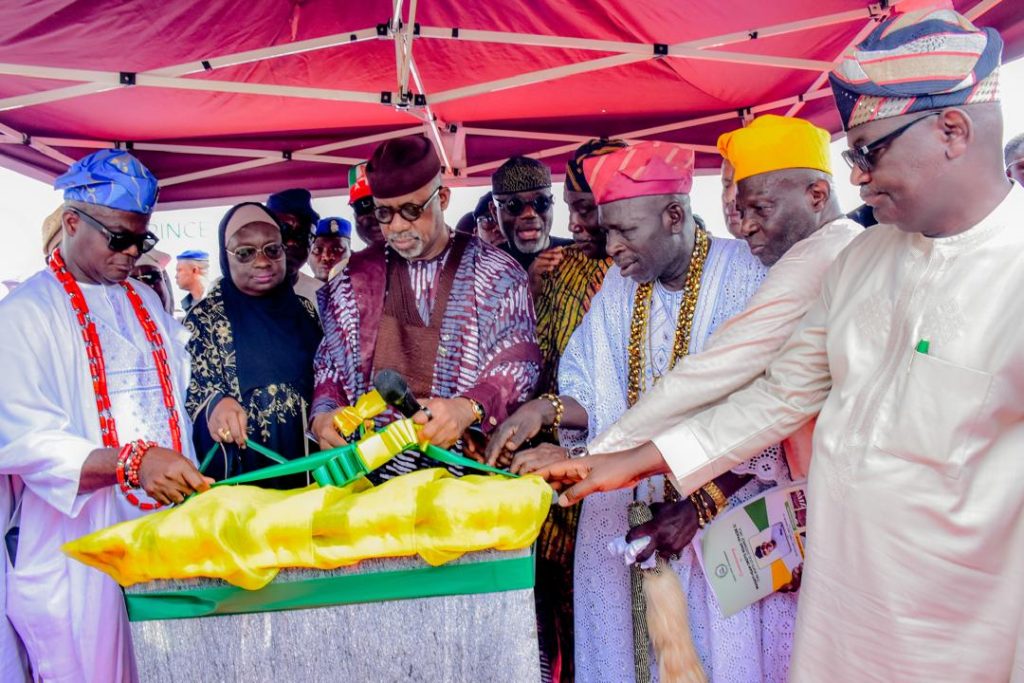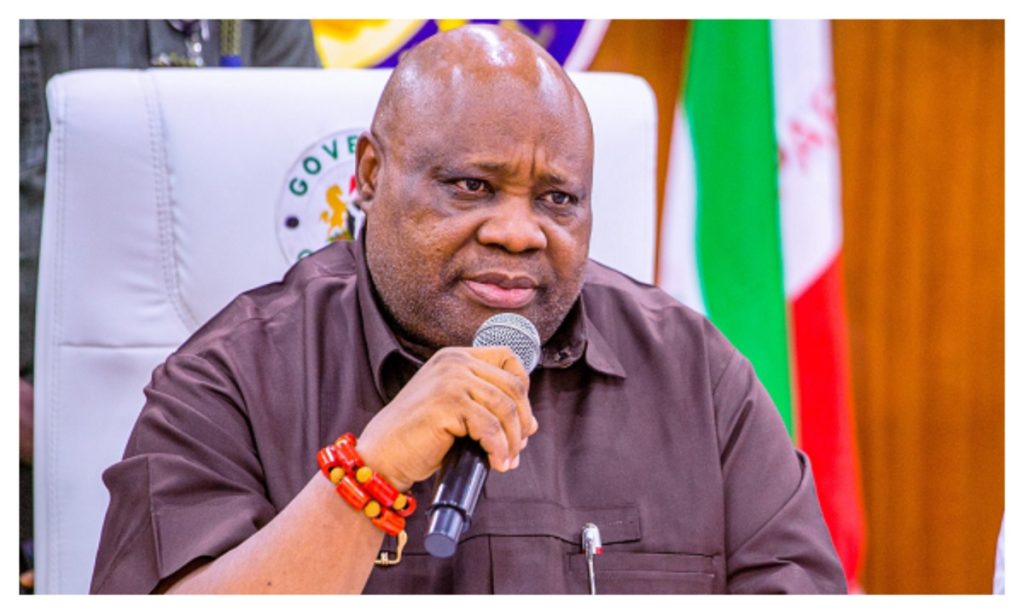Nigerian rapper Odumodublvck has sparked debate after critiquing Lagos as an unfavorable environment for emerging artists, calling the city “selfish” and warning that its competitive music scene could transform young talents into “greedy, self-centered beasts.” The Abuja-based artist, known for his breakout success in Nigeria’s vibrant Afrobeats industry, argued that his upbringing outside Lagos gave him a distinct advantage in maintaining authenticity and focus.
In a series of posts on X (formerly Twitter), the rapper, whose real name is Tochukwu Ojogwu, claimed that Lagos’s reputation as Nigeria’s entertainment capital belies a cutthroat culture. “The worst place for a young artist to grow is Lagos. It’s the most selfish place to grow,” he wrote. “You will become them: a greedy, selfish, and self-centered packaged beast.” He contrasted this with his experience in Abuja, Nigeria’s administrative capital, which he credited with fostering his unapologetic style. “That’s why it was easy to run through the industry as The Machine wey I be [The Machine that I am],” he added, blending Nigerian Pidgin with English. “I too real for una [you all].”
Lagos, home to global stars like Burna Boy and Wizkid, has long been viewed as the heart of West Africa’s entertainment ecosystem, offering access to major labels, studios, and media hubs. However, Odumodublvck’s comments highlight ongoing tensions about the pressures young creatives face in hypercompetitive markets. His critique echoes broader conversations about the toll of urban grind cultures on artistic integrity, resonating in cities like Los Angeles, Mumbai, and Seoul, where similar debates persist.
While the rapper did not specify examples of Lagos’s alleged toxicity, his remarks have drawn mixed reactions. Some social media users agreed, citing the city’s high cost of living and entrenched industry gatekeepers. Others defended Lagos as a necessary proving ground, arguing that its challenges build resilience. Notably, the critique aligns with rising pride among artists from Nigeria’s northern and central regions, where cities like Abuja and Kano increasingly foster alternative music scenes.
Odumodublvck, part of the Anti-World Gang collective, rose to prominence with tracks like “Picanto” and “Declan Rice,” blending indigenous rap styles with hard-hitting social commentary. His perspective underscores a shifting narrative in Nigeria’s creative economy, where decentralization and digital platforms enable talents to bypass traditional hubs. As debates about opportunity versus exploitation in global entertainment capitals intensify, his stance offers a provocativelens on the sacrifices demanded by fame.



